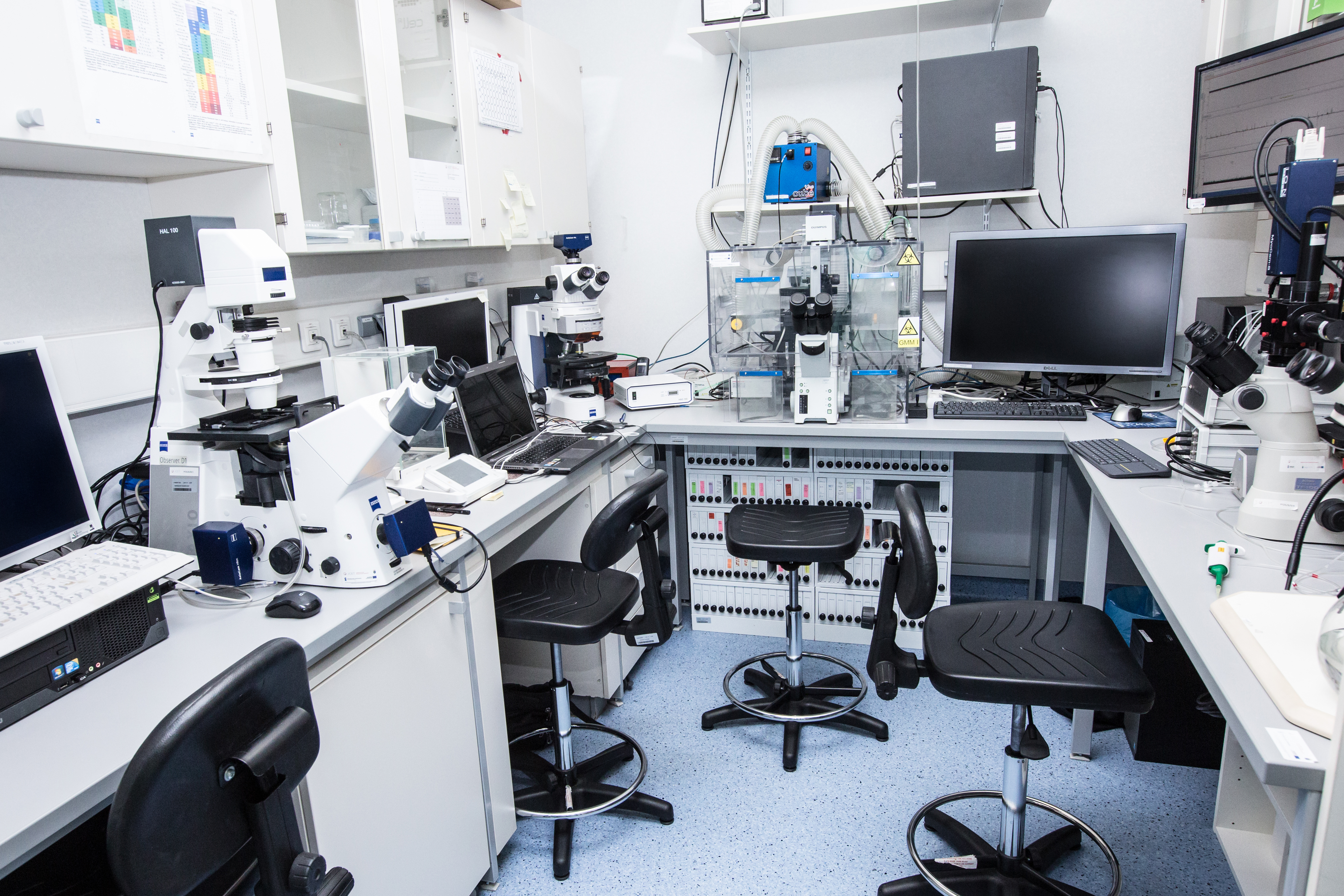Pursuant to §7 (1) and (3) of Resolution No. 61/X/2022 of the Senate of the Jagiellonian University of 26 October 2022 on the terms and conditions for admission to the Doctoral School of Exact and Natural Sciences at the Jagiellonian University in the academic year 2023/2024, the Director of the Doctoral School of Exact and Natural Sciences announces a competition for one doctoral student with a stipend funded by a research project for the Biomedical Sciences PhD education programme within the framework of the project NCN OPUS 242 NR UMO-2022/47/B/NZ7/01667 entitled “Targeted inhibition of hypusination pathway”.
Grant Manager dr hab. Przemysław Grudnik (Malopolska Centre of Biotechnology, Max Planck Research Group) offers the opportunity to complete a PhD in the topic: Development of hypusination modulating compounds.
Description of the research project:
Hypusination, a modification unique to eIF5A, involves attaching spermidine to the lysine residue in eIF5A, forming deoxyhypusine. Deoxyhypusine is then converted to hypusine by DOHH. Hypusinated eIF5A plays a crucial role in protein translation and is associated with diseases like cancer and neurodevelopmental disorders. The project aims to develop tool compounds that selectively modulate the hypusination pathway for potential clinical use. This involves transforming small molecules into pro-drug compounds, testing their activity, and obtaining crystal structures of DHS in complex with developed compounds. Additionally, a high-throughput crystallographic screening will discover new DOHH binders, enhancing the pool of hypusination pathway modulators.
See our latest publication:
Wątor, E. et al. Nature Communications, (2023) 14(1), 1698. https://doi.org/10.1038/s41467-023-37305-2
Candidate profile:
- expected knowledge of English at least at B2 level
- M.Sc. in biology, chemistry or relevant field
- hands-on experience in molecular biology and biochemistry
- excellent interpersonal skills (teamwork, active listening, support to others, pitching ideas)
- candidates should exhibit strong problem-solving skills
- International research experience is desirable
- knowledge of structural biology techniques (cryo-EM and macromolecular crystallography) is a plus
- experience in the public dissemination of research at scientific conferences
- enthusiasm and interest in structural biology methods and hypusination
- knowledge of the Linux environment is an additional asset
- keen on frequent travelling e.g. to various European synchrotrons
The competition will be conducted by the Admission Committee and the results will be the basis for the admission of the selected candidate(s).
Competition schedule:
- Opening of the competition (start accepting applications in the IRK): 04.09.2023
- Deadline for submitting applications (closing date for IRK applications): 07.09.2023
- Entrance examinations: 19-20.09.2023
- Announcement of results: 22.09.2023, noon
- Enrollment: 25-26.09.2023
- Enrollment (reserve list): 27.09.2023
- Expected start date of education: 01.10.2023
Detailed recruitment conditions and procedures - tailored to Biomedical Sciences education programme in accordance with the o Resolution No 61/X/2022 of the Senate of the Jagiellonian University of October, for academic year 2023/2024.
Please upload your application documents in the electronic IRK system (irk.uj.edu.pl)
Documents required for admission to the Biomedical Sciences education programme, academic year 2023/2024
In the case of exposure to factors that are harmful, strenuous, or hazardous to health, the candidate is referred to a medical examination by an occupational physician at the time of enrolment. The candidate is required to provide a medical certificate stating that there are no contraindications to undertaking education within the deadline set by the education programme co-ordinator (applies to selected education programmes only).
Higher education certificates obtained abroad should:
- bear an Apostille when the country issuing the document is covered by the Convention Abolishing the Requirement of Legalisation for Foreign Public Documents, done at The Hague on 5 October 1961 (Journal of Laws of 2005, No. 112, item 938), or
- by subject to legalisation, in other cases.
In particularly justified cases, at the request of the Grant Manager, the Director of the NŚiP Doctoral School may waive the requirement to provide apostille or to submit diplomas of higher education or other documents for legalisation.
Any document issued in a language other than Polish or English must be accompanied by a certified translation into Polish or English.
Accommodation:
It is possible to apply for a place in the Doctoral House. Receipt of a place is determined by the availability of vacant places and the fulfilment of the conditions described on the Doctoral Student Society website.
IMPORTANT:
A person admitted to a doctoral school commences education and acquires the rights of a doctoral student upon taking the oath. The taking of the oath is done by personally signing the oath in the office of the Education Programme.
Health Insurance – important changes
As of 1.10, the rules for the registration of doctoral students for health insurance by the University are being changed. After this date:
- Citizens of Poland, European Union [EU], European Free Trade Association [EFTA] and holders of the Pole's Card, up to the age of 26 should be insured as members of their families, if these have insurance in the EU/EFTA. The insurance is confirmed by a valid EHIC (European Health Insurance Card) card issued in the country of insurance application. Once they have reached the age of 26, they will apply for health insurance coverage at the Jagiellonian University.
- Other doctoral students (from outside the EU, EFTA) have to pay for their own voluntary health insurance at the Social Security Health institution [ZUS] (on the basis of a contract concluded with the Polish National Health Fund [NFZ] facility) or take out a commercial insurance with a guarantee amount of no less than EUR 30000. They may have both of these insurances. It is insufficient to have only medical packages (subscriptions) in private facilities, as these do not cover the costs of possible hospitalisation. We recommend that each candidate, in particular a foreign candidate, takes out insurance for the duration of the journey and a minimum of the first month of stay in Poland (until the formalities have been completed upon arrival).



